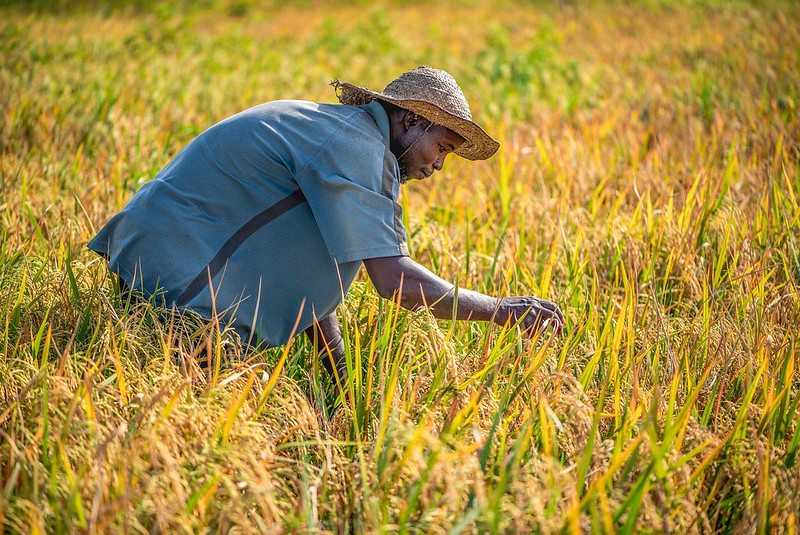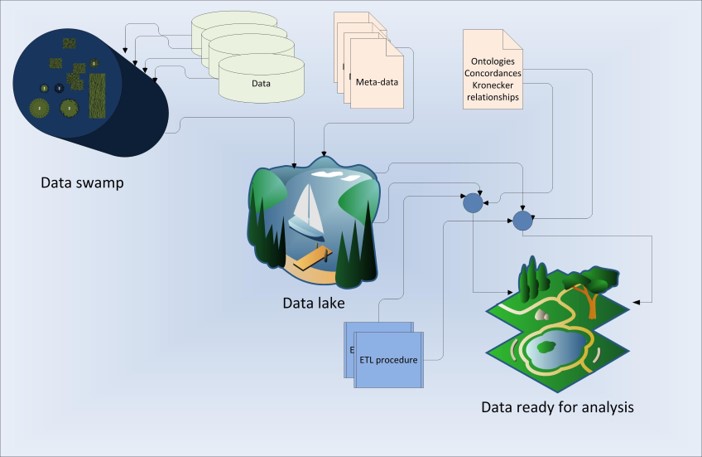Latest Posts
Comparing modeling approaches for assessing priorities in international agricultural research
This article examines how the estimated impacts of crop technologies vary with alternate methods and assumptions, and also discusses the implications of these differences for the design of studies to inform research prioritization. Drawing on international potato research, we show how foresight scenarios, realized by a multi-period global multi-commodity equilibrium…
Options for keeping the food system within environmental limits
The food system is a major driver of climate change, changes in land use, depletion of freshwater resources, and pollution of aquatic and terrestrial ecosystems through excessive nitrogen and phosphorus inputs. Here we show that between 2010 and 2050, as a result of expected changes in population and income levels,…
Biophysical and economic implications for agriculture of +1.5° and +2.0°C global warming using AgMIP Coordinated Global and Regional Assessments
This study presents results of the Agricultural Model Intercomparison and Improvement Project (AgMIP) Coordinated Global and Regional Assessments (CGRA) of +1.5° and +2.0°C global warming above pre-industrial conditions. This first CGRA application provides multi-discipline, multi-scale, and multi-model perspectives to elucidate major challenges for the agricultural sector caused by direct biophysical…
Imagining transformative futures: participatory foresight for food systems change
Hebinck, A., J. M. Vervoort, P. Hebinck, L. Rutting, and F. Galli. 2018. Imagining transformative futures: participatory foresight for food systems change. Ecology and Society 23(2):16. https://doi.org/10.5751/ES-10054-230216…
Metrics, models and foresight for European sustainable food and nutrition security: The vision of the SUSFANS project
This paper defines the research agenda of the SUSFANS project. It aims to contribute to balanced and encompassing views on how to strengthen food and nutrition security outcomes in the EU and how to improve the performance of the food system in the EU from the perspective of social, environmental…
Scenario Development and Foresight Analysis: Exploring Options to Inform Choices
In an increasingly globalized and interconnected world, where social and environmental change occur ever more rapidly, careful futures-oriented thinking becomes crucial for effective decision making. Foresight activities, including scenario development, quantitative modeling, and scenario-guided design of policies and programs, play a key role in exploring options to address socioeconomic and…


